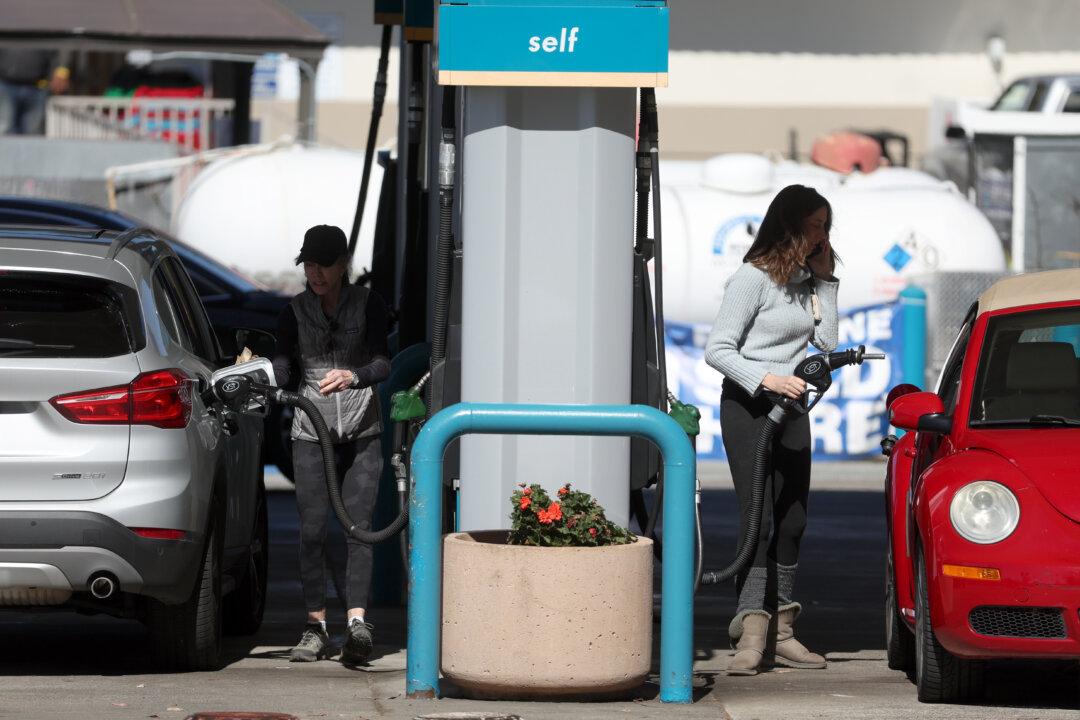The states of Maryland and Georgia have halted the collection of their respective gas taxes in an effort to provide relief to Americans who have been left paying more at the pump as fuel prices soar across the nation.
Maryland was the first state to enact an immediate suspension of its state gas tax, Gov. Larry Hogan, a Republican, wrote on Twitter.




